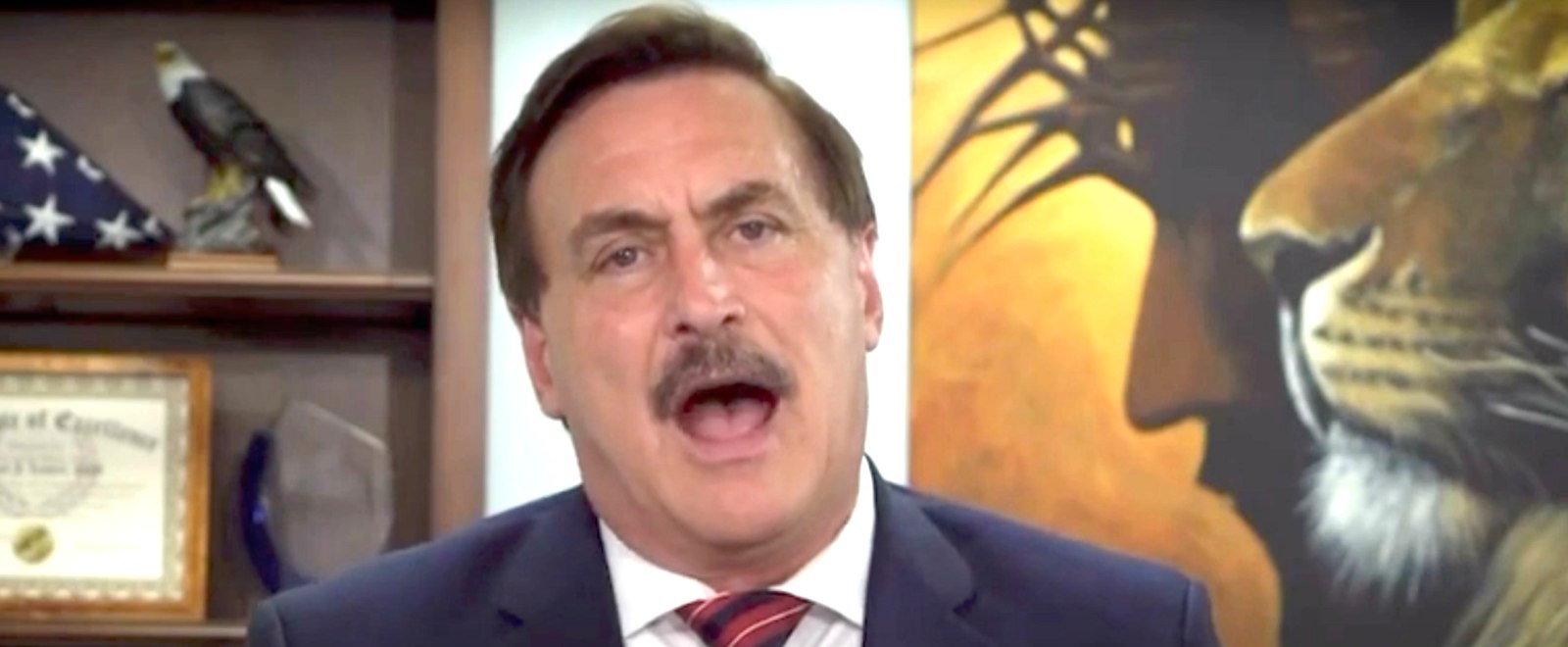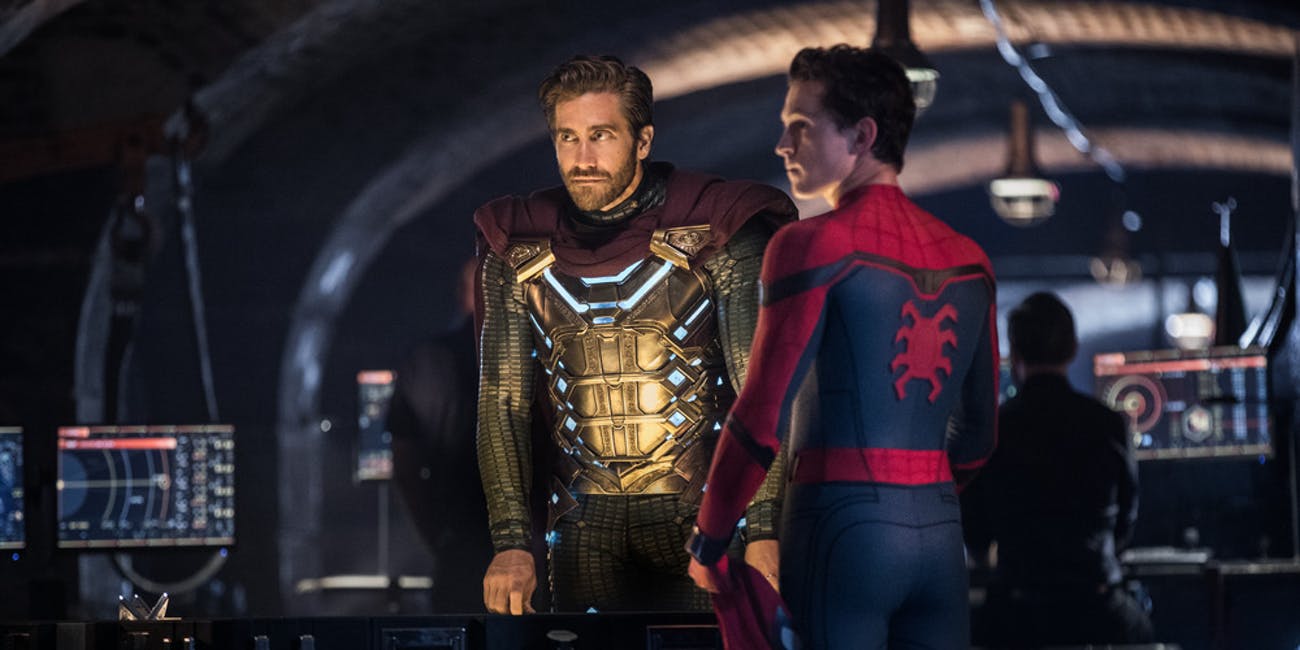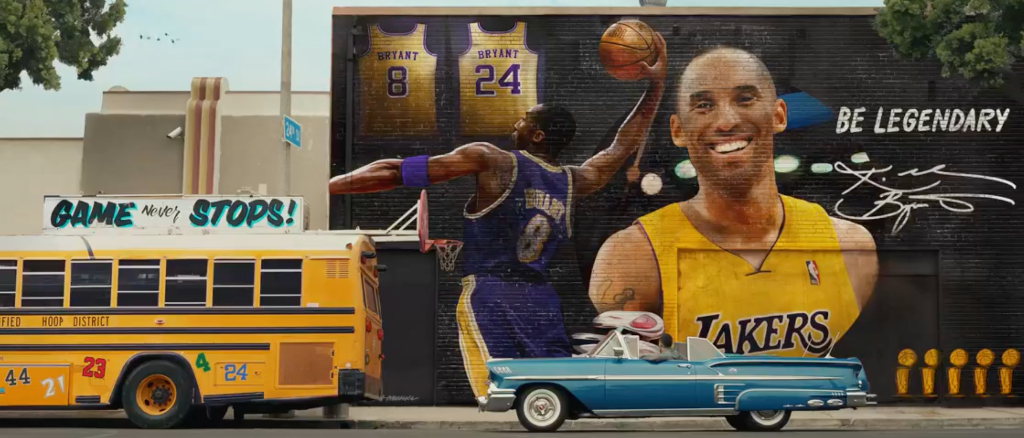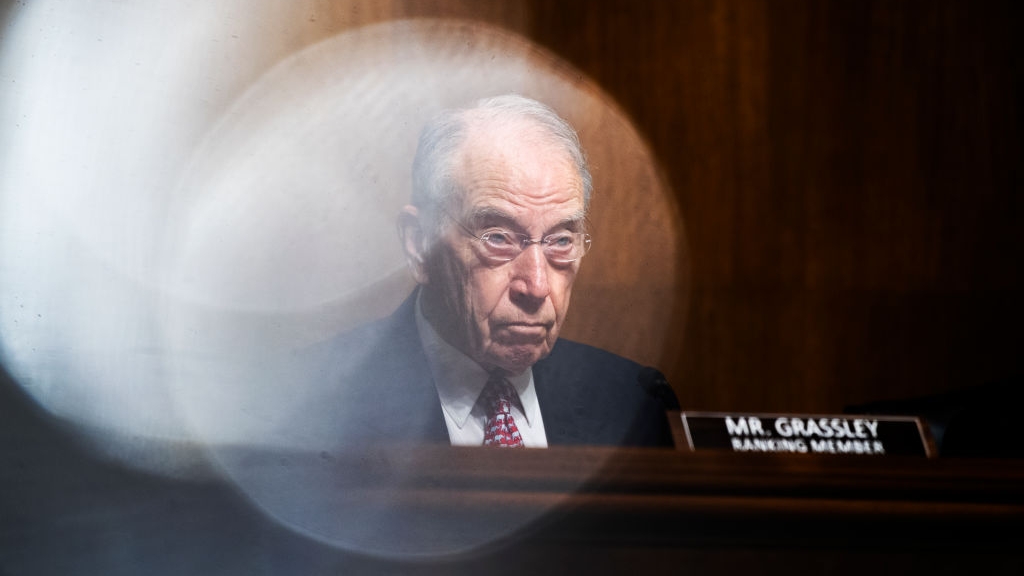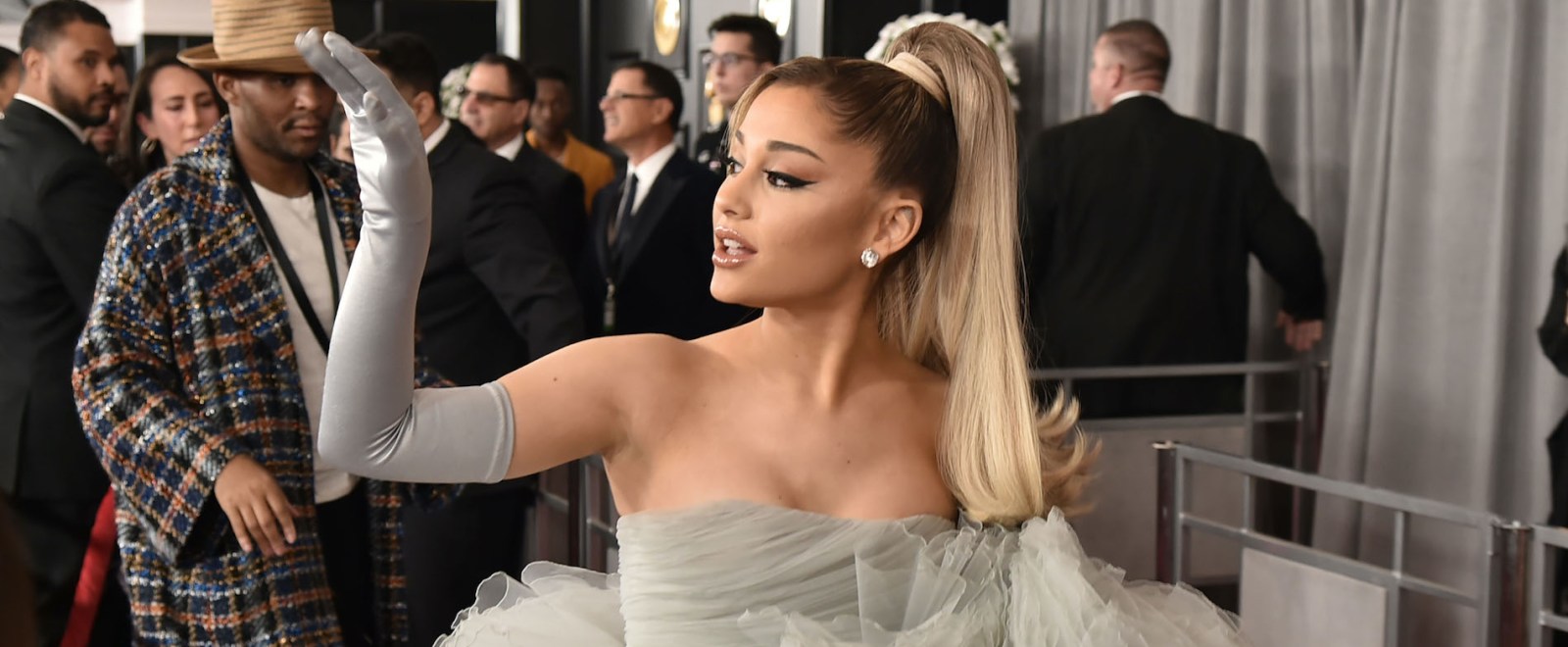Over the course of the five Daniel Craig James Bond movies, Jeffrey Wright played CIA agent Felix Leiter three times, having not been seen on screen, until now, (even though he’s been mentioned since), since 2008’s Quantum of Solace. (It seems impossible, somehow, it’s been 13 years since we last saw Wright play Felix Leiter.)
Felix Leiter is an interesting character in the James Bond universe. He’s appeared in, now, 10 official James Bond movies (Bernie Casey also played in in Never Say Never Again), but other than Wright, only one other actor played him more than once. (That on its own is odd. In 1973’s Live and Let Die, David Hedison played Leiter. Leiter would not appear again until 1987’s The Living Daylights, where he was played by John Terry. Then in 1989’s License to Kill, Hedison returned to the role after 16 years.)
What also makes Leiter interesting is how much people like Leiter, for a character who doesn’t show up all that much. (Though he has a substantial role in No Time To Die.) Audiences like it when James Bond has a fellow spy from another country he can trust. Jack Lord (from Hawaii Five-O fame) originated the role in Dr. No, and was, frankly, pretty awesome as Leiter. But when he was asked to come back, Lord wanted to share top billing with Sean Connery and that was that. After, the role just seemed to drift from actor to actor until Wright made the role something truly special again.
In No Time To Die, James Bond is retired. With a growing threat from Spectre, James Bond (Daniel Craig) starts poking his nose around and MI6 very much does not want him involved. Felix Leiter though sees an opportunity and recruits Bond to come work for the CIA for a mission. Leiter explains the Americans and the British aren’t really on the best terms and aren’t sharing intelligence much these days, which is dangerous. (And, when this movie was supposed to come out in early 2020, was probably pretty true.) For longtime Felix Leiter fans, it’s pretty great to watch Bond and Leiter truly team up.
Ahead, Jeffrey Wright takes a look back at his tenure as Leiter. Why we didn’t see Leiter in either Skyfall or Spectre. Why Wright thinks Leiter is such a popular character. And, going forward, what advice he’d pass on to the next actor, a man or a woman, who takes over the role.
Why do you think people like Felix Leiter so much, for a guy who doesn’t show up all that much over the years? I have a couple of theories but I want to hear yours first…
People are on Bond’s side. Audiences are obviously on his side. And it’s a very dark and dangerous world that he inhabits and there are not many people that he trusts. And, therefore, there are not many people that audiences can trust to be allies to him, particularly out in the field. When he’s back at MI6 headquarters, that’s a different story. But when he’s out in the field, there’s danger around every corner. But if Felix shows up around that corner, then we breathe a sigh of relief, because we know where he lies. You know?
Yes, right…
He may be the only one in the field who we can view in that way. And so, maybe that has something to do with it.
I agree. I also think, as someone who grew up in the United States, it’s fun when James Bond needs our help a little bit. Also, James Bond doesn’t have many buddies. And it’s nice that he gets a buddy, which especially shows in this movie.
I guess in some ways, too, it makes Bond more accessible. It grounds him a little bit. It brings out something of his humanity, outside the veneer of this armor that he wears. So I think maybe his relationship to Felix, because it is one that he values, and again, the only one in certain circumstances that he trusts in the flesh, maybe it brings us closer somehow to Bond as well, as an audience. Because it opens him up in a way that he’s not normally open.
Especially after missing the last two movies, when you got the script for this one, were you like, “All right, now we’re talking.” It’s a good Felix movie.
Yeah, every time it was time for another of the Bonds to go into production, I was texting Barbara Broccoli going, “Hey, where’s Felix in all of this?” She would reach out and say, “Felix is in this one.” And then three weeks later, “Well, he’s not in this one.” So they kind of keep me on my toes with these things. But, yeah, I was certainly excited to hear that he would be back. And it felt, just for Felix, if this is going to be Daniel’s last, for Felix to make another visit onto the scene and kind of round out these chapters in the franchise’s history. So I’m very grateful that, at the end of the day, that’s how it played out. And I was able to kind of complete the circle of my relationship.
I’m imagining that text you got, “Okay, good news, bad news: Bad news, he’s not in the movie. But the good news is James Bond mentions Felix.”
“Bad news is you’ve been reduced to a mention, and Monica Bellucci is heading your way.” Okay. Well, as bad news goes, that’s pretty good news.
I have an idea for you, because if this Amazon sale happens, whatever Felix was doing around that time, there’s your 10-episode show.
Well, it’s possible. We’ll see.
Well, I would love that.
Let’s pitch that one together.
What’s the deal with this character? Before you, they recast it every time except one time where the guy who played it in Live and Let Die, David Hedison, came back 16 years later and played him in License to Kill.
I’m not sure. For me, Leiter is Jack Lord.
Have you read about what he wanted to come back? He wanted top billing with Sean Connery.
Okay. Well, here’s the thing, I absolutely love Jack Lord in that first film. And that was I believe the first, it was Dr. No, if I’m not mistaken. Right?
Correct.
And I mean, with just the kind of weird feline sunglasses, and his demeanor and the whole rapport with Connery, it was great. I mean, he had this coolness about him. I think that certainly informed my thinking about this role when I took it on. He had this coolness about him that rivaled Miles Davis, who was like the coolest cat in the universe at that time. But, from what I’ve heard, he was a complicated dude when the camera was off, so that makes a kind of sense to me.
An ornery cuss.
Everybody has their days. In our profession, we have bad days on and off screen. But yeah, I’ve heard he was complicated, so that sounds within the realm of possibilities. But, I certainly love what he did on screen with the character. I was really excited to take on the role when it was offered me. In fact, when my agent called me and said, “Hey, Barbara Broccoli got in touch. They’re going to revamp the Bond series, and they’re interested in you playing this CIA character or something. They’re going to send you the script.” And I’m like, “Okay, cool.” And they get the script, and I’m like, “CIA agent? No. Dude, this is Felix Leiter, bro! This is not just any spook. This is Felix Leiter!”
So your agent wasn’t familiar that this is the guy Jack Lord played.
I don’t know how it was described to him.
Bernie Casey played this guy.
Yeah, exactly!
I know that one, Never Say Never Again, “doesn’t exist,” but it does. And he played it. He was great, too.
Yeah. No question about it. No question about it.
With Felix, what do you want to see from the character with whoever takes it on next?
I hadn’t given it any thought.
You played it more than anyone in history, so you’re the person to ask.
Yeah, I suppose I might be the person to ask, but that doesn’t imply that I’m the person that has an answer. I haven’t given it any thought.
Obviously Jack Lord made this character pretty cool. But that’s a pretty old movie now. You’ve made this character cool again. So I think whoever plays Felix Leiter next, their agent is not going to be like, “Ah, some CIA guy.” I think they’re going to be pretty aware who Felix is at this point.
Well, what I did was work with Daniel. I created my character within the context of what he was doing with Bond. Obviously, Bond exists outside of Leiter. So it was very much a kind of: there are like sympathetic strings that go into creating a character like this. So whatever the person does, he’s going to have to do it, or she’s going to have to do it, with the other actor that is working opposite. So that’s the thing. I don’t know. I don’t know. What I’m more concerned about, really, is getting this movie out, getting people into theaters after they have not been in theaters for the last year and a half, two years.
That’s a good point.
Let’s get this one out, get people in front of the screens to enjoy it and then worry about the next after.
Did you play him differently in No Time To Die. In Casino Royale he’s a little more mysterious and in this you seem to lean into the buddy, buddy aspect with Bond. Which makes sense.
I didn’t want to play him cool, like Jack Lord, but I was certainly informed, not by only just Jack Lord, but kind of the general vibe, the general coolness that is a Bond film. Felix now is, one, he’s older. He’s more experienced, but he’s also more jaded. I mean, they’ve gone through this since Quantum even. There’s been, I think, again, a kind of distilling down of the responsibilities with each of them, whereby they find themselves engaging one another. Not in terms of what they represent – the jurisdictions they represent; the organizations that they represent – but they find themselves interacting as men who are part of a very small brotherhood. And that’s where he is now.
There are these interesting undertones, Felix says it, that “our countries aren’t getting along right now, and they’re not talking.” Which when this movie was supposed to come out, it was probably much more true than probably now, but that’s interesting. Because I’m sure that was happening in real life.
Yeah, absolutely. Absolutely. And, so, it amplifies even more what their relationship as men means. Regardless of everything that’s happening out in the world, there’s trust there. And that’s what brings them together. And that’s what catalyzes this story to an extent: is that at the end of the day, that friendship. You know?
Right.
Something very simple. And that’s, I think, what is wonderful about this film: is that it’s huge, epic, sprawling, it’s jagged, it’s got all of the kind of monumental set pieces that you expect with a Bond film. But, at the end of the day, it all distills down to these very simple human relationships. And all of that other stuff really just propels us forward into these more heartfelt moments that are simply human.
‘No Time To Die’ opening this weekend in theaters everywhere. You can contact Mike Ryan directly on Twitter.
